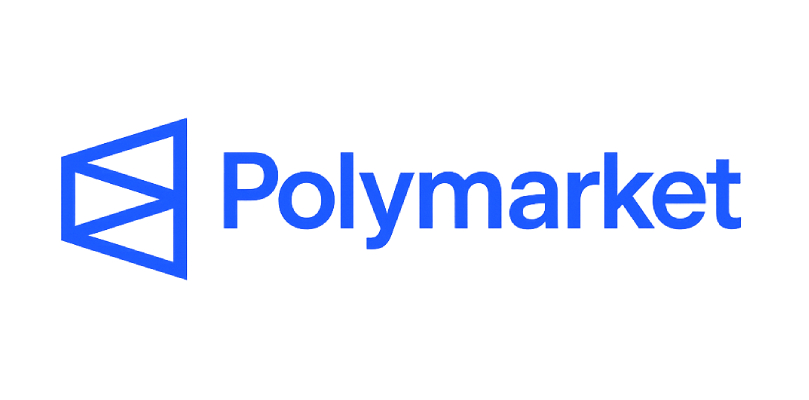Considering how fast-moving the world of crypto and online betting is, comebacks are rare. One company has managed to do it. Polymarket’s return to the United States is, however, not just a restart. It also involves some reinvention. The platform, once synonymous with election betting, is now staking its claim in sports wagering, crypto casinos, and the broader world of tokenized prediction markets.
After a two-year hiatus forced by regulatory scrutiny, Polymarket has rebuilt from the ground up. Its relaunch begins with a waitlist rollout for iOS, with Android on the horizon. The platform’s federal approval from the CFTC allows Polymarket to operate fully within U.S. commodities regulations. Shayne Coplan, the founder, went back to the drawing board, turning Polymarket into a platform designed not just for thrill-seekers but for serious, compliant crypto traders.
More Than Gambling?
Polymarket is not interested in being “just another sportsbook.” Its philosophy positions wagers as tradable stakes in real-world outcomes. Players start with sports events, but the vision quickly expands into proposition markets, eSports, and eventually the kinds of prediction contracts that made the platform famous during the 2024 elections. Every bet is a transaction, every outcome traceable, every trade transparent. As expected, the gaming experience is built on blockchain’s speed and security.
Naturally, the competition is fierce. Kalshi, valued at $11 billion, has emerged as the primary rival, raising $1 billion in 2025. Both platforms are vying for high-profile partnerships with fantasy sports apps, mainstream brokers, and sports leagues. Polymarket has aligned with PrizePicks and will act as DraftKings’ clearinghouse, while Kalshi has integrated with Robinhood and CNN, at times accounting for a staggering portion of trading volume.
And the numbers are quite impressive, with October 2025 being a record-setting month. Kalshi processed $5.81 billion and Polymarket $3.7 billion. The explosive appetite for blockchain-based betting and the opportunities in the next-generation iGaming landscape are certainly not going away.
The Legal Landscape
Regulatory hurdles remain central to any U.S. expansion. Kalshi is currently embroiled in state-level legal disputes in Nevada and New Jersey, while Polymarket’s federal clearance gives it a strategic advantage in navigating the fragmented legal landscape.
To further the push, Polymarket’s ambitions are backed by serious capital. That includes a $2 billion investment from Intercontinental Exchange and the NYSE parent, which supports a valuation target of $15 billion. Adding Donald Trump Jr. as an advisor signals a high-profile push into mainstream iGaming and crypto casino spaces, leveraging evolving U.S. regulations. It remains to be seen if that is enough to keep the wheels rolling.


